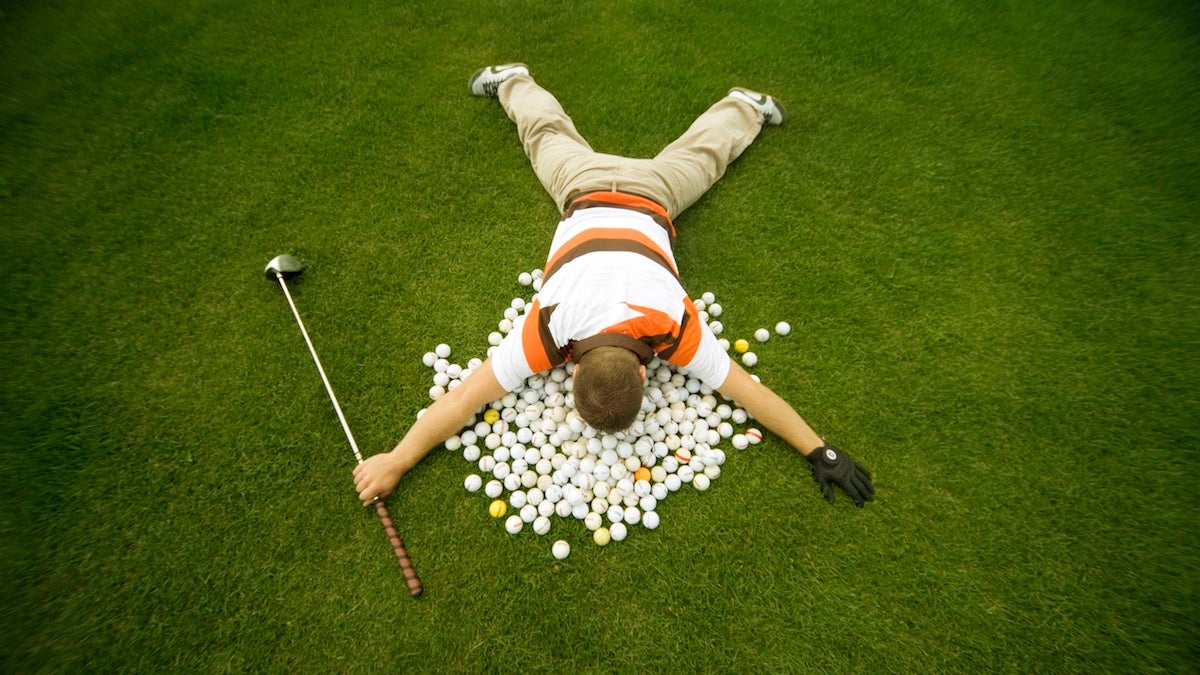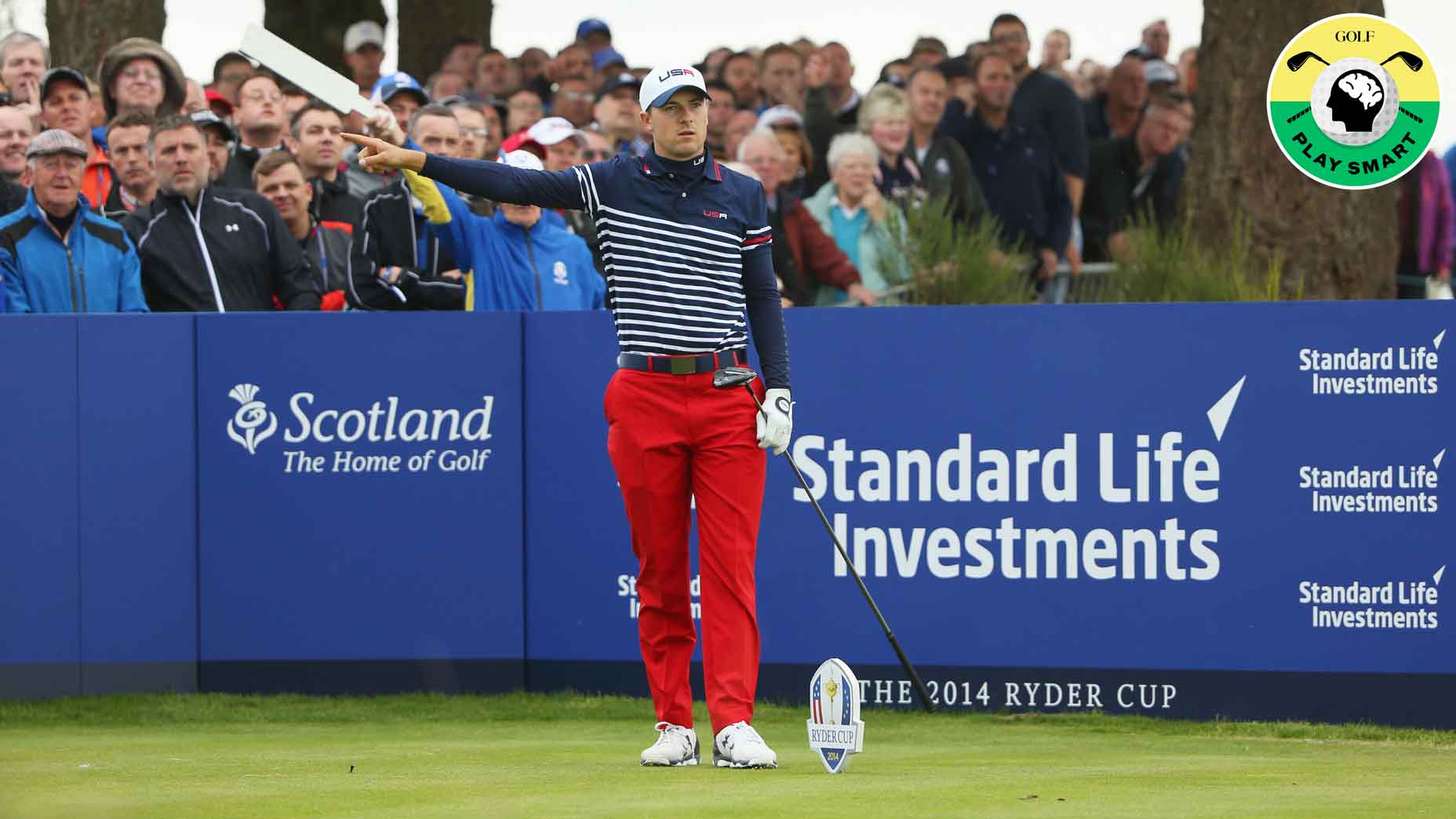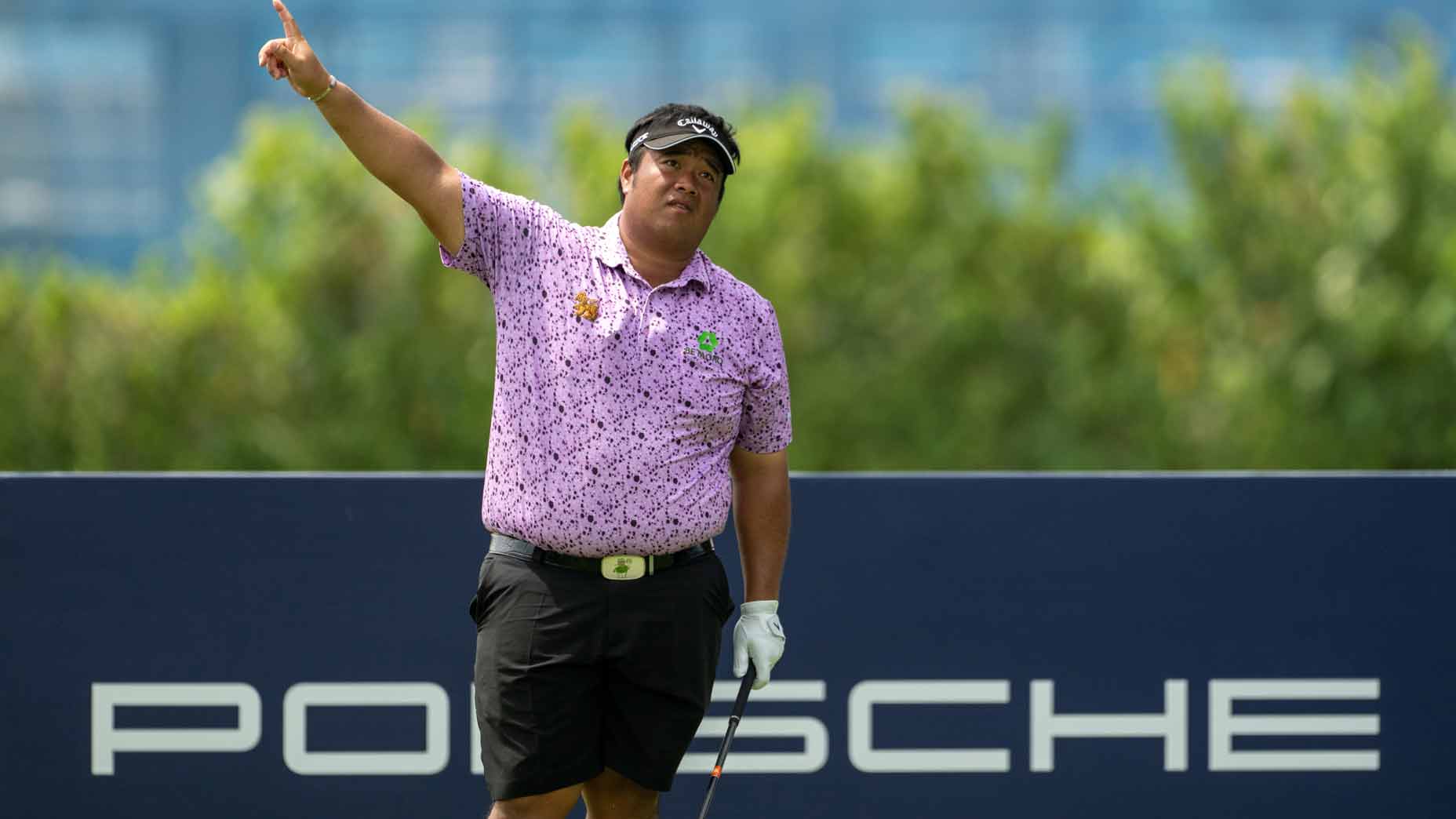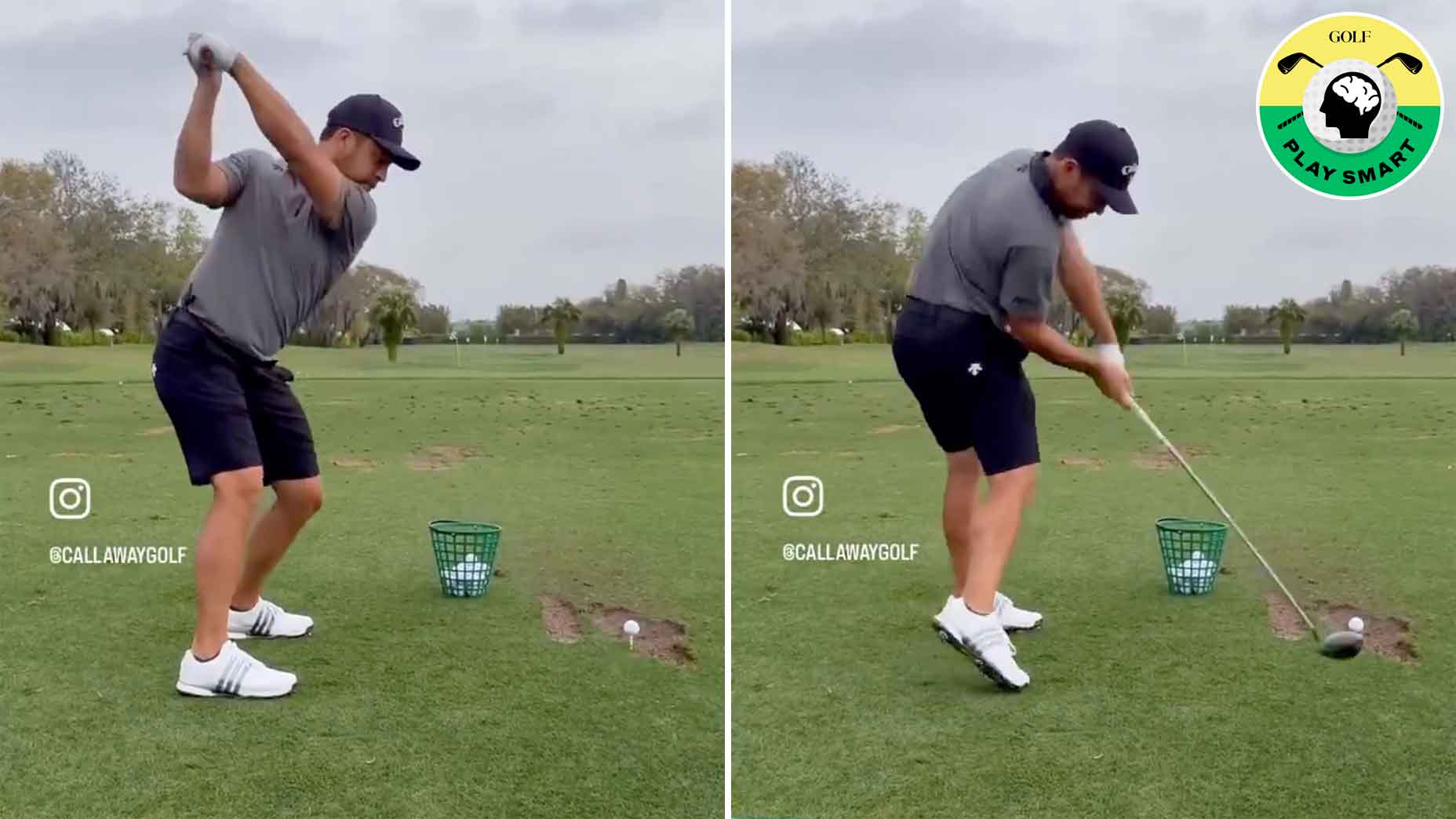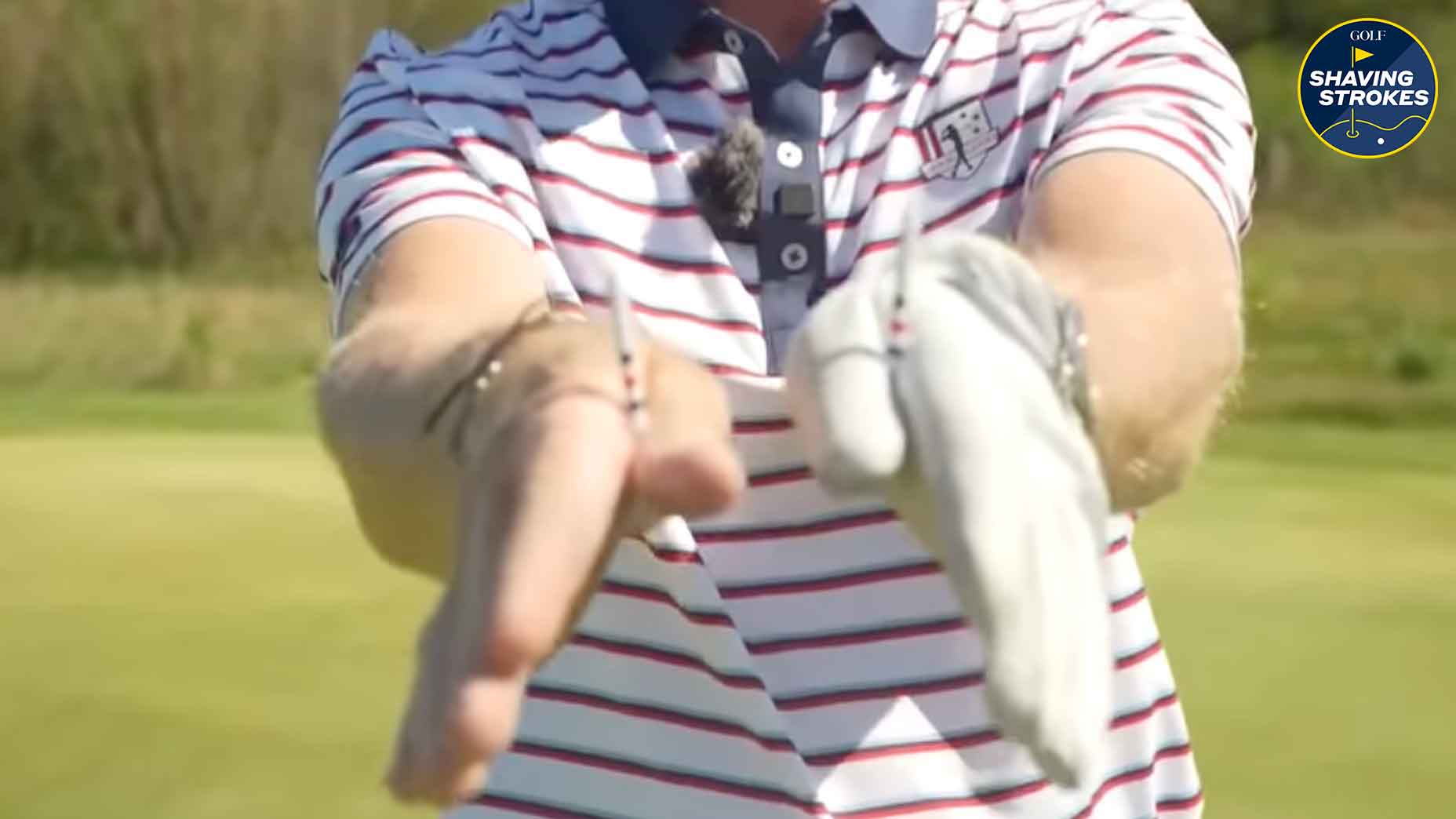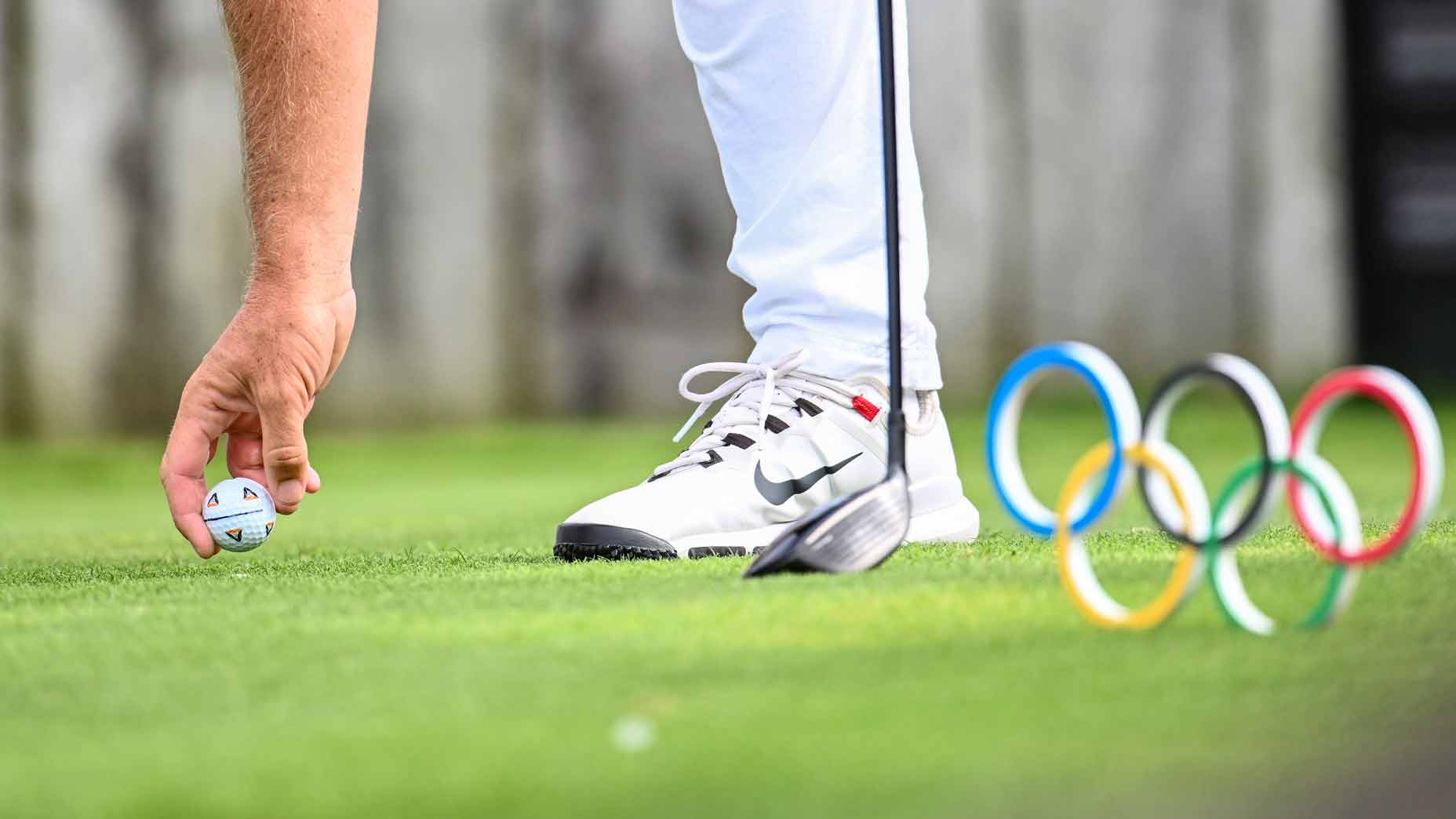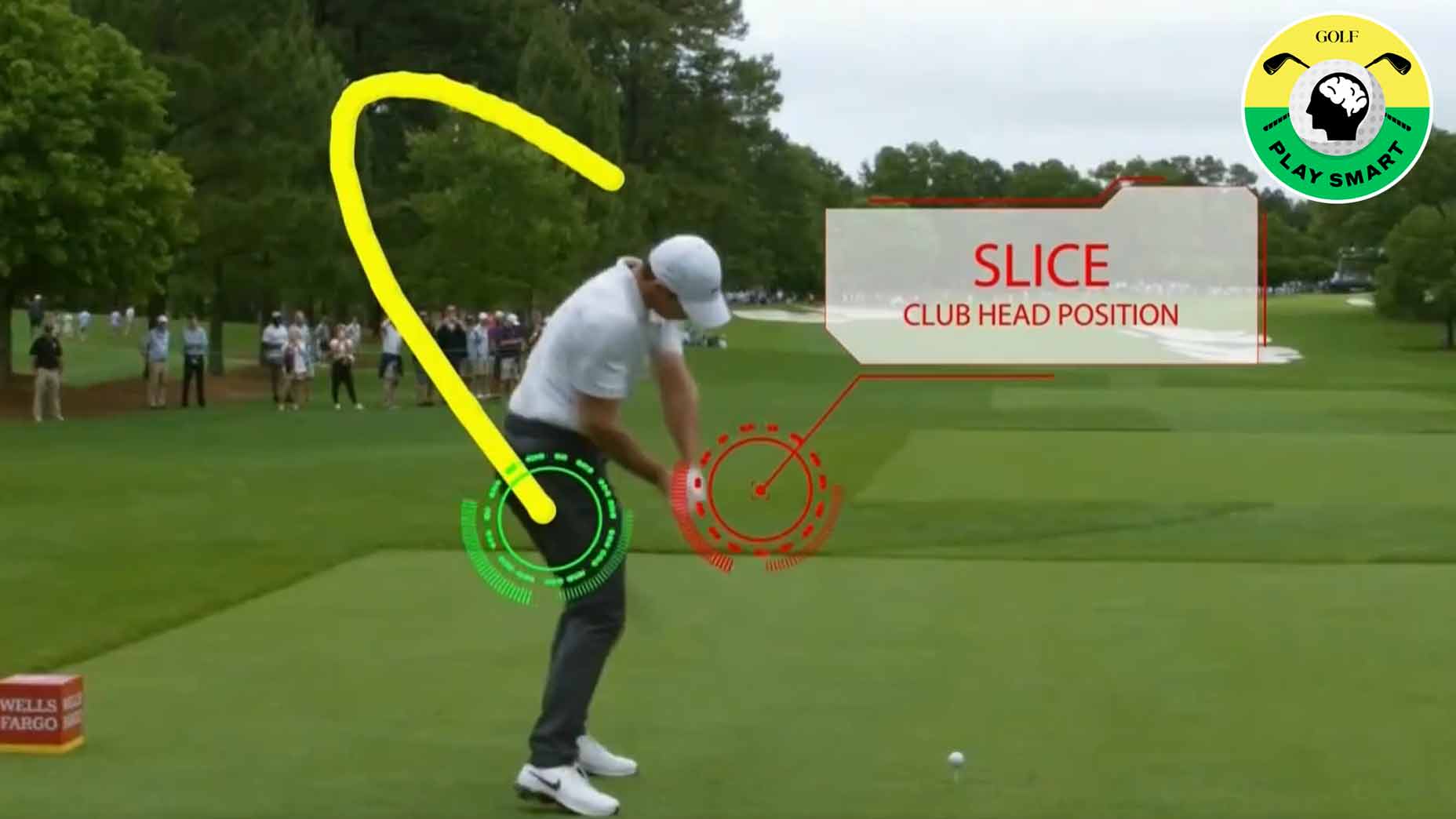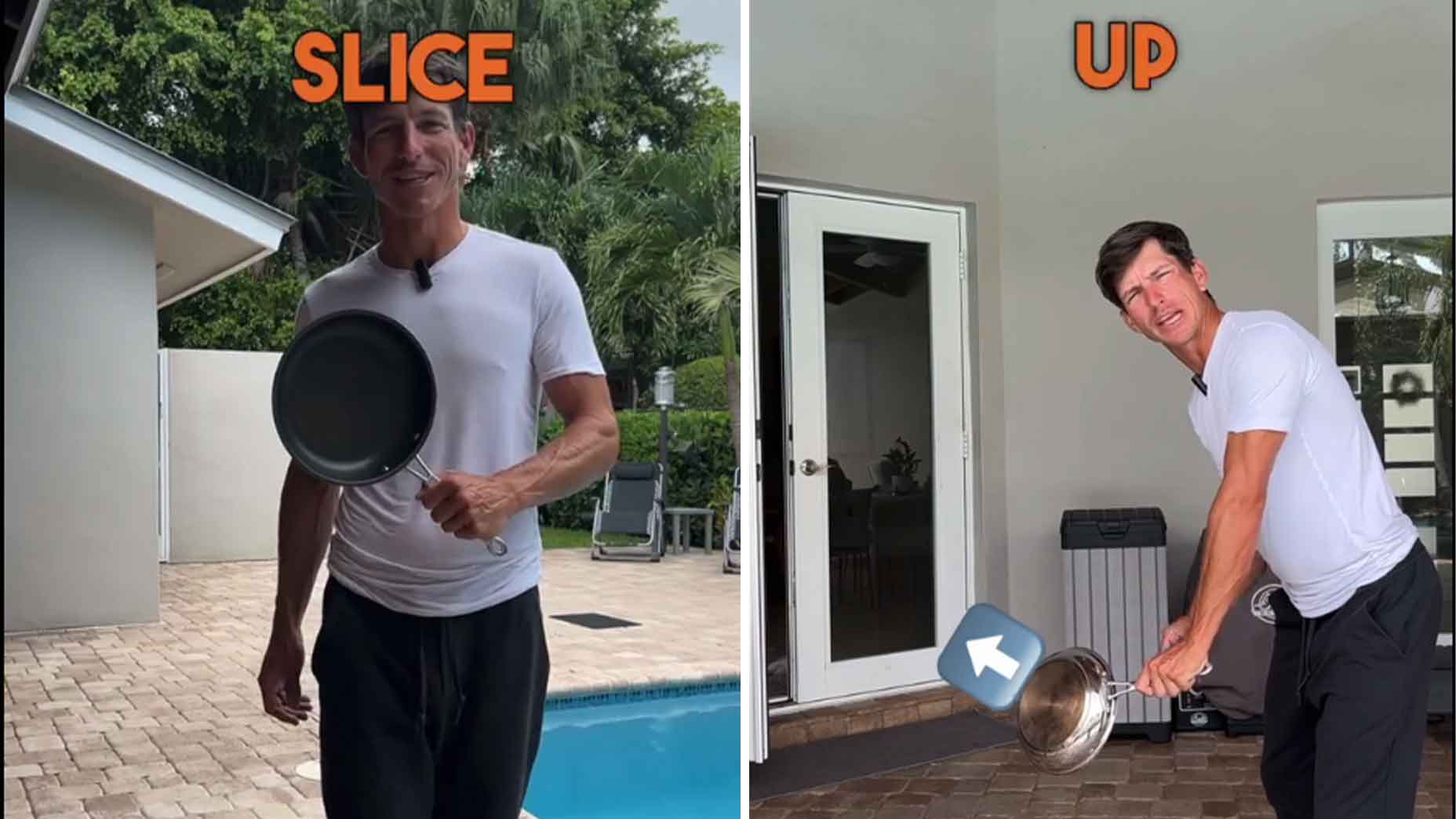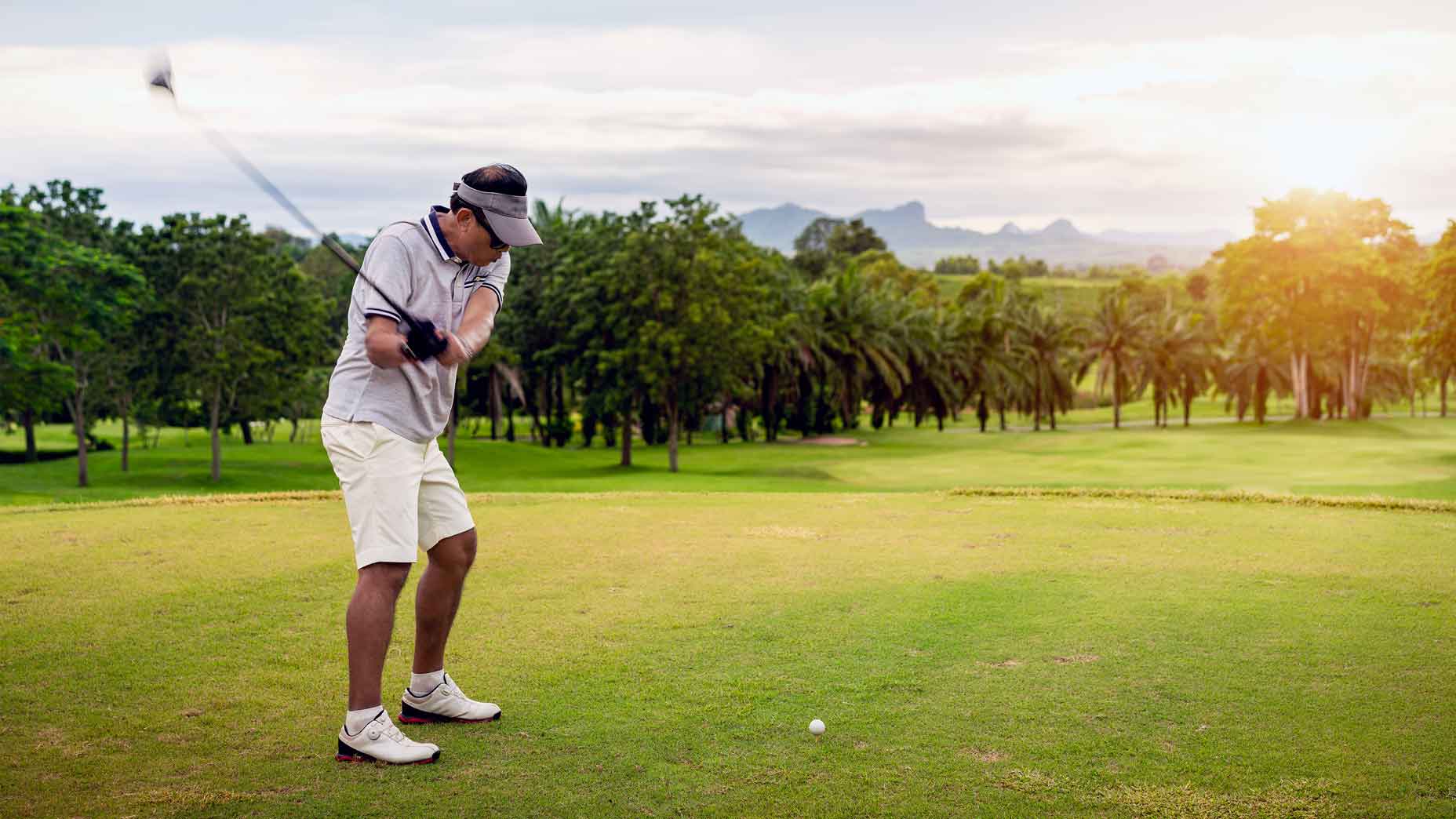Every player has rounds that don’t go to plan. The key to lowering your handicap is to prevent a bad round from getting worse. Enter GOLF’s resident low-handicaps, who are here to offer some helpful advice, golfer-to-golfer.
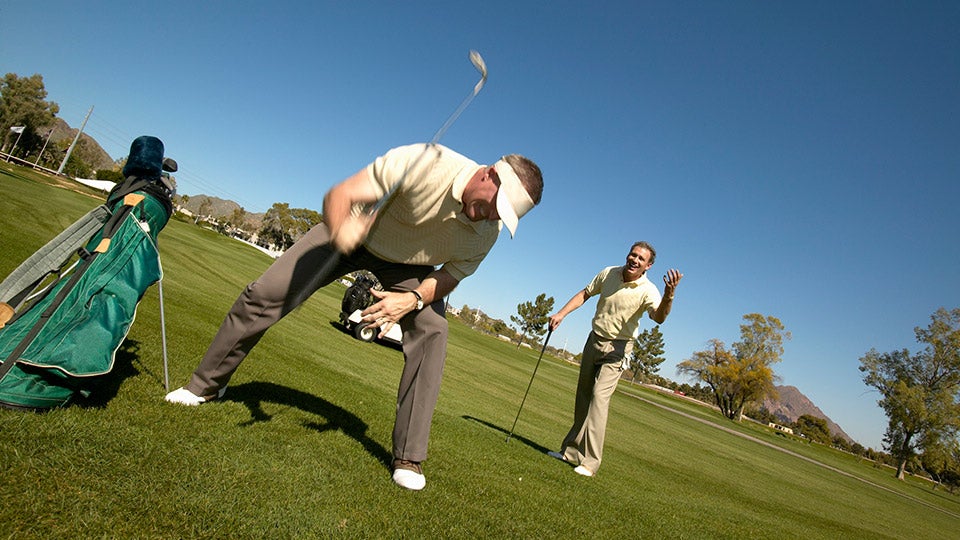
1. Get angry…once
Dylan Dethier (+3.3 handicap): I try to give myself permission to be mad immediately after a bad shot. I won’t endorse club-chucking, but you don’t have to go full zen mode, either. Tiger Woods has talked about this — you get 10 steps to be mad, and then you forget about that shot and move on. Keep that frustration in a small, efficient package and reset.
2. Set small goals
Luke Kerr-Dineen (2.2 handicap): The worst thing you can do, when you’re playing poorly, is to look backwards at what has already happened. Instead, you should be trying to build momentum, and the best way to do that is to start small. Set a simple goal for yourself for your next shot. Keep your drive in play, for instance. It doesn’t matter how far, just get it in play. Create mini successes for yourself and build on them.
3. Find your tempo
Josh Sens (2.5 handicap): Usually, a good cry and other outbursts of self-pity make me feel a little better. Otherwise, I try to focus on tempo. A long 1 count on the backswing, 2 at impact. Wuh-UN. . . .TWO!
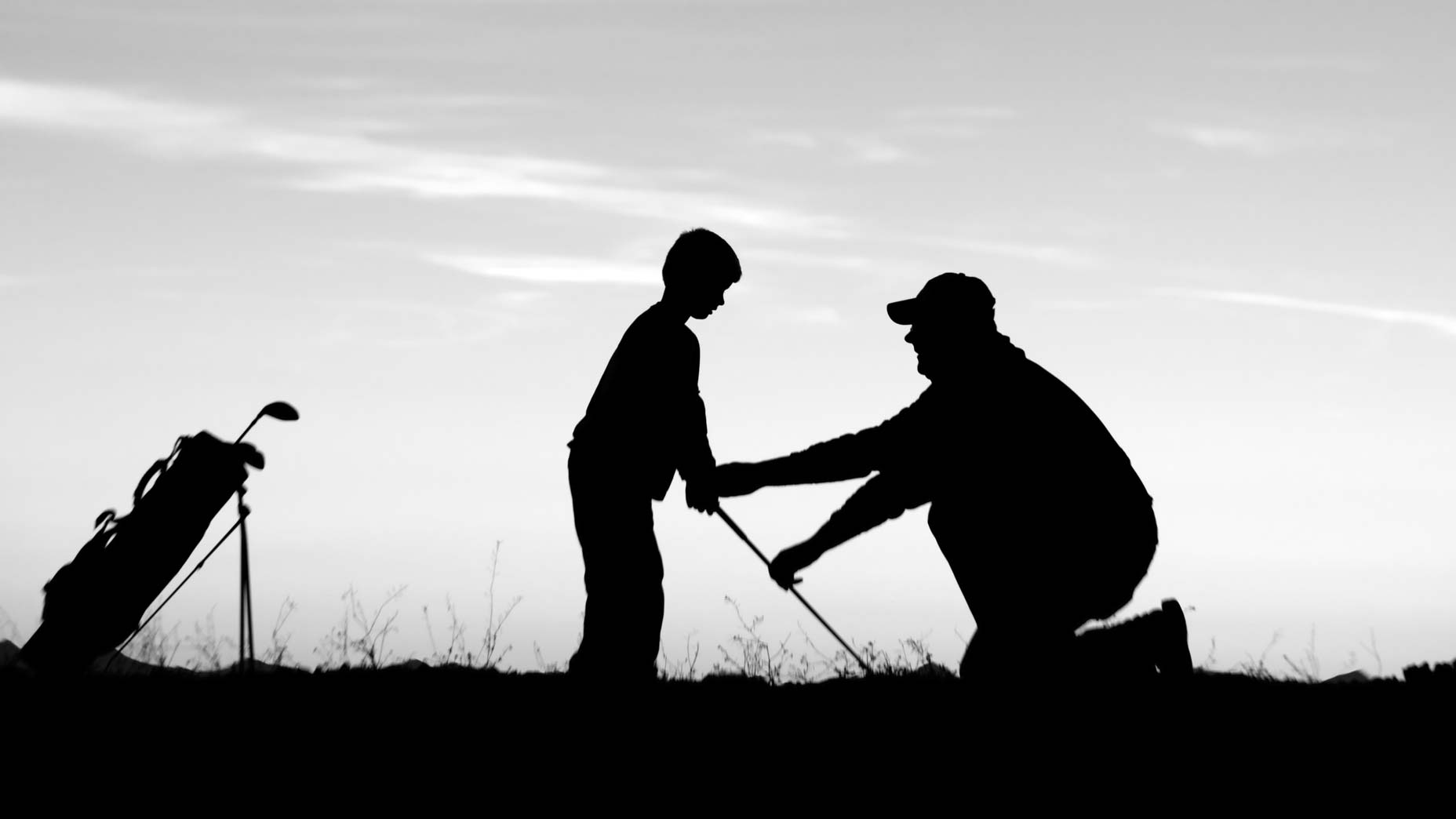
4. Be grateful
Ashley Mayo (3.1 handicap): I step back and look around and remind myself that I’m on a golf course and that life is good. Seriously! It’s easy to get frustrated, but it’s even easier to remember that golf is an escape that’s meant to be fun. Take a deep breath and feel grateful. I promise you, you’ll start playing better almost immediately.
5. Take it slow
Zephyr Melton (6.7 handicap): Slooooow dowwwnnn. When you start hitting it sideways, things get fast in a hurry and that can only compound the problem. Take a few deep breaths and make a concerted effort to do everything a bit slower. It’ll help calm your thoughts and, hopefully, your game will follow suit.
